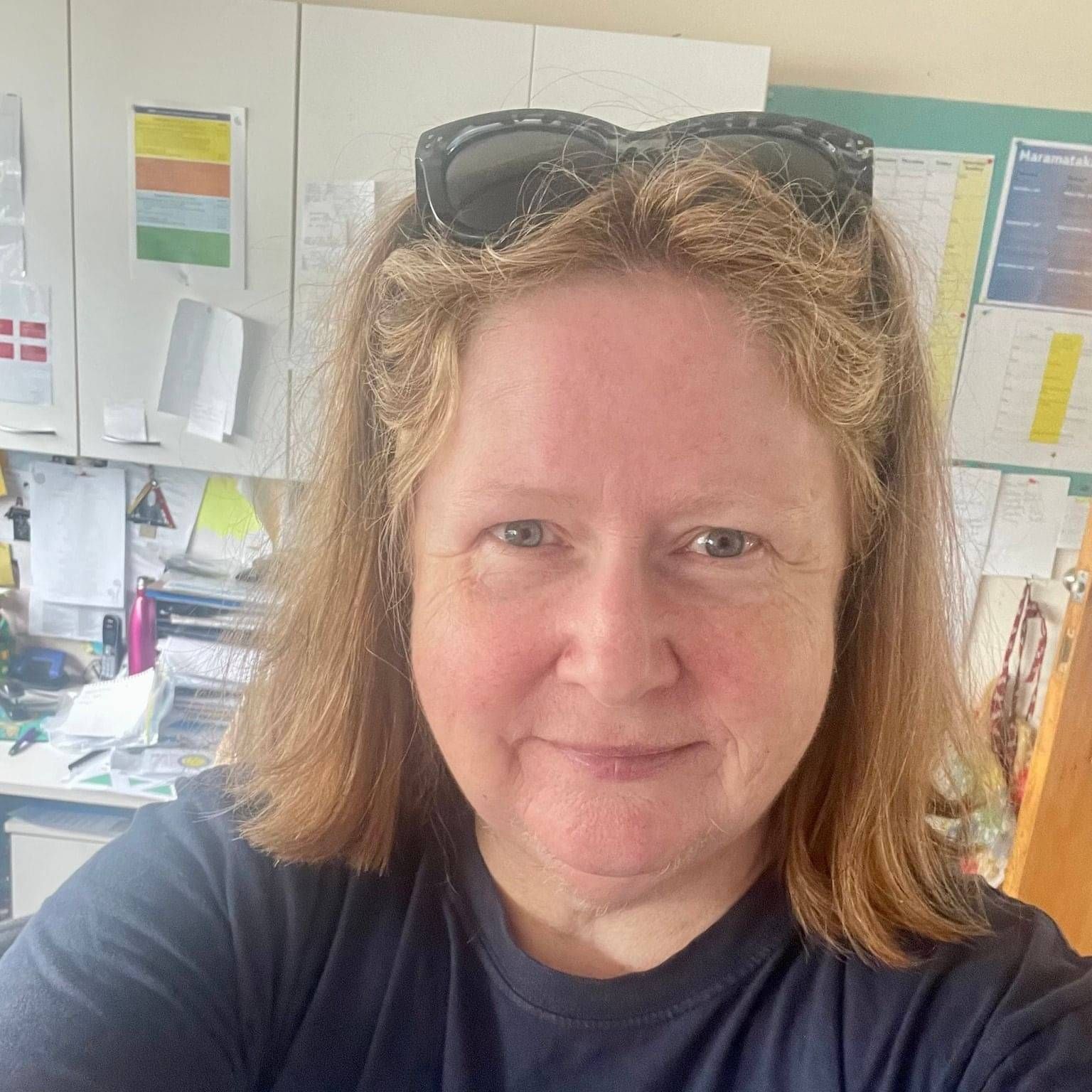EDUCATION FOR SUSTAINABILITY
The Researching Education for Sustainability SIG aims to:
Share and critically interrogate research methodologies, pedagogies and philosophies pertaining to education for cultural, linguistic, ecological/environmental, social and economic sustainability
Contribute to generating a body of recent, relevant, locally specific research that can inform teacher education for sustainability, in the context of Te Tiriti o Waitangi responsibilities; and in response to global priorities
Advocate for education policies, regulatory requirements and curriculum documents that are informed by the growing body of national and international research in the area of cultural, linguistic, ecological/environmental, social and economic sustainability
Offer members a supportive arena for discussion and debate, and to foster future research collaborations across institutions and sectors, as well as mentor emerging researchers with interests in this area
Explore opportunities for creative collaborations that seek new solutions by crossing philosophical, pedagogical, disciplinary, geographical and/or cultural boundaries
Research focusing on education and sustainability may consider:
climate change and disaster preparedness, risk reduction and management;
biodiversity and ecocentric interdependence as well as resource depletion and environmental degradation;
cultural and linguistic diversity, traditional/Indigenous knowledges and languages;
poverty and economic disparities as well as over-consumption and obesogenic environments;;
gender equity, heteronormativity and anti-racism;
health, food and water security;
Peace, citizenship and social justice education;
intergenerational equity.
Rationale
There are many issues related to sustainability, as espoused by the United Nations Sustainable Development Goals, which in particular highlight the role of education as key to informing communities about the aspirations of all 17 goals: https://sdgs.un.org/goals
In particular Target 4.7 expects governments to: “By 2030, ensure that all learners acquire knowledge and skills needed to promote sustainable development, including, among others, through education for sustainable development and sustainable lifestyles, human rights, gender equality, promotion of a culture of peace and non-violence, global citizenship and appreciation of cultural diversity and of culture’s contribution to sustainable development” https://apa.sdg4education2030.org/transformative-target-sdg-47s-challenges-and-promise-asia-pacific
Current and worsening planetary economic, conflict, and climate crises are hastening our awareness of the unsustainability of many current practices. The basic premise for the kaupapa of sustainability is the recognition that our planet is finite, and we therefore have a responsibility to reconsider the ways in which we currently live, including our relationality with others, including the more-than-human realm.
The wide range of sustainability issues include: climate change and disaster management; biodiversity and ecocentric interdependence in a context of resource depletion and environmental degradation; cultural and linguistic diversity, traditional/Indigenous knowledges and languages; poverty and economic disparities along with over-consumption; gender equity, heteronormativity and anti-racism; health, food and water security as well as obesogenic environments; peace and social justice; and intergenerational equity.
All these issues relate to how we can sustain our ways of living on a long term basis and are key for education. A creative response is needed. We, therefore, consider that this education work needs to be grounded in relevant, contextualised research.
The Researching Education for Sustainability SIG provides an arena for researchers to share, discuss and critique their research philosophies and methodologies across the intersections within this broad notion of sustainability.
2025 Convenor

Robyn Mockett
Robyn Mockett M.Ed, BComm, Dip.Tch. (Early Childhood).
I am a retired Kindergarten Teacher with 17 years teaching experience. I have been involved in providing teacher training on Te Tiriti o Waitangi in ECE, Place-based Education, Sustainability, and Socio-emotional competency. My Master thesis considered ECE teachers practices to when teaching 3 to 5-year-olds socio-emotional competence and how this compared to the socio-emotional competences with UNESCO learning objectives. I am interested in how young children develop critical thinking especially within place-based education. I am a member of the Advisory Board of the Office for Early Childhood education and take on advocacy roles for ECE and mental health.